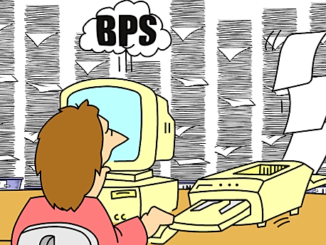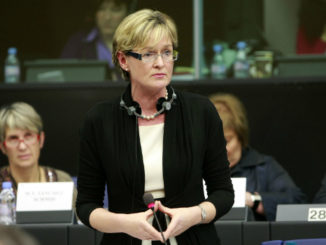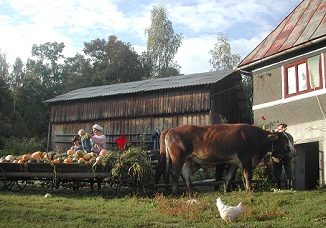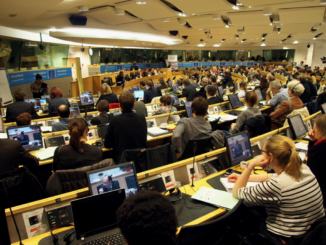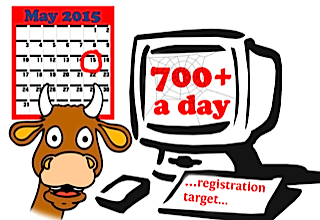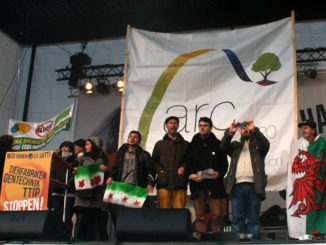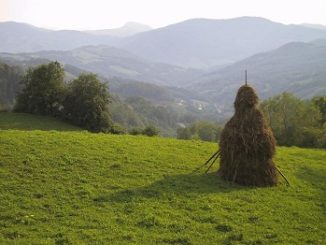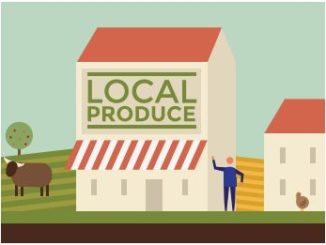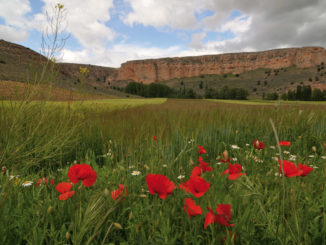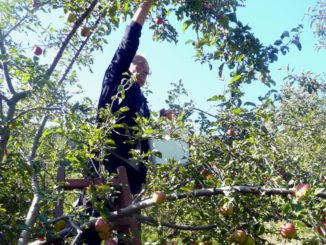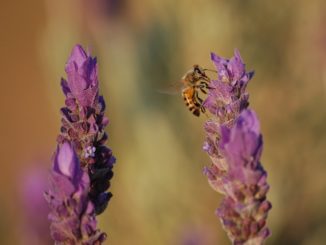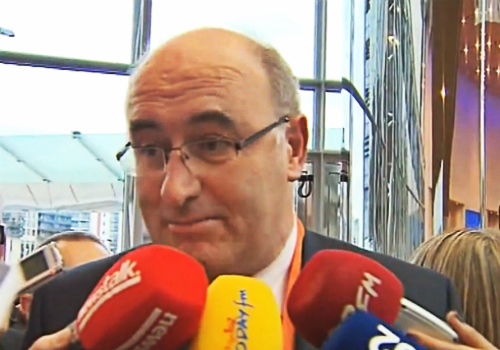
The Great Simplification Scam
Simplification of the CAP is a hot topic at the moment, and will be until at least May. At the most recent Agriculture and Fisheries Council meeting (19/03/2015) “ministers exchanged views on their experiences in the implementation of the new Common Agricultural Policy (CAP). The most important issues highlighted as needing simplification in direct payments were the ‘greening’ measures and the controls.” Minister Jānis Dūklavs recalled that “member states supported the efforts of Presidency to agree Council conclusions on CAP simplification in May. Some of the issues raised by the member states require urgent attention as rules will have to apply on the ground already this spring. There are some areas where simplification might be possible through minor amendments to the existing provisions established by the Commission” The momentum for simplification comes from the Commissioner Hogan, who emphasised it in a December speech: “We need to simplify our rules now and cut red tape in an effective way” he said, promising to have made progress within a year. In this speech he asked for submissions on […]

